The Multicultural Mental Health Resource Centre is a multidisciplinary team of professionals from different ethnocultural backgrounds from across Canada. Steering Committee members of the multidisciplinary team help to set goals and priorities for the MMHRC.
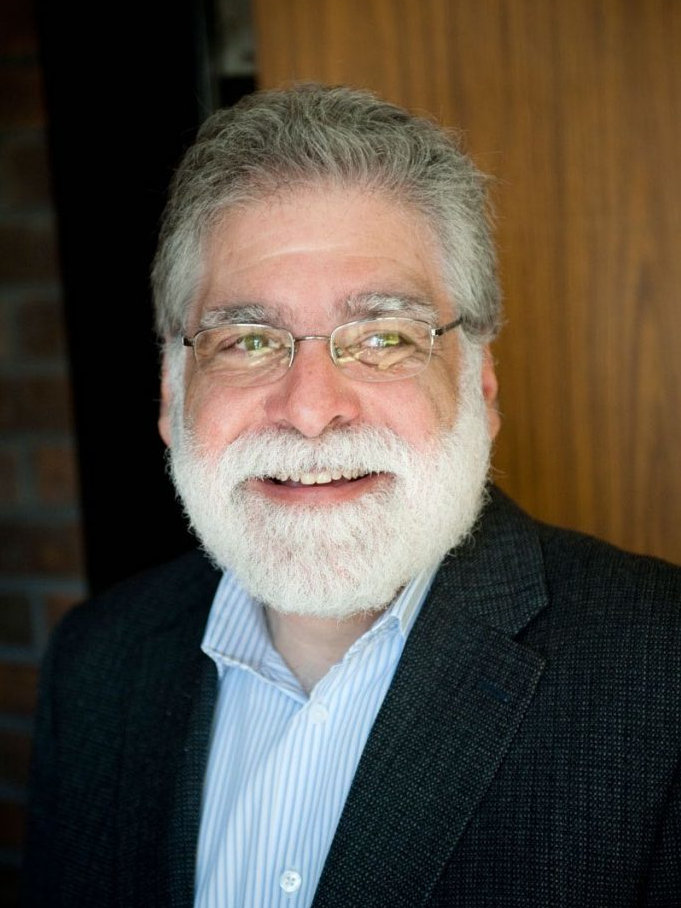
Laurence J. Kirmayer, MD, FRCPC, Project Leader, is James McGill Professor and Director, Division of Social and Transcultural Psychiatry, Department of Psychiatry, McGill University. He is Editor-in-Chief of Transcultural Psychiatry, a quarterly scientific journal published by Sage (UK) and directs the Culture & Mental Health Research Unit of the Department of Psychiatry, Jewish General Hospital in Montreal where he conducts research on mental health services for immigrants and refugees, psychiatry in primary care, the mental health of Indigenous peoples, and the anthropology of psychiatry. He founded and directs the annual Summer Program and Advanced Study Institute in Cultural Psychiatry at McGill and directs the Network for Aboriginal Mental Health Research. His past research includes funded studies on the development and evaluation of a cultural consultation service in mental health, pathways and barriers to mental health care for immigrants, somatization in primary care, cultural concepts of mental health and illness in Inuit communities, risk and protective factors for suicide among Inuit youth in Nunavik (Northern Quebec), and resilience among Indigenous peoples. He co-edited the volumes, Current Concepts of Somatization (American Psychiatric Press), Understanding Trauma: Integrating Biological, Clinical, and Cultural Perspectives (Cambridge University Press), Healing Traditions: The Mental Health of Aboriginal Peoples in Canada (University of British Columbia Press) and Encountering the Other: The Practice of Cultural Consultation (Springer SBM).
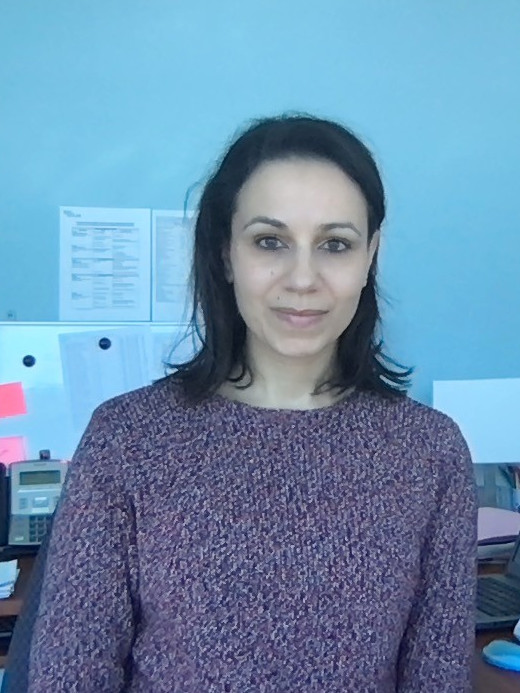
Imen Ben-Cheikh, MD, is a clinical professor in the Department of Psychiatry at the Université de Sherbrooke. She completed her medical degree at the University of Tunis El Manar (Tunisia) and her residency in psychiatry at the University of Sherbrooke in 2012. Dr. Ben-Cheikh initially worked in adult psychiatry before orienting her work to the adolescents’ outpatient clinic. She currently works in child and adolescent psychiatry at Charles Le-Moyne Hospital (Longueuil). Her interest in transcultural psychiatry is both clinical and academic. She offers consultations at the Cultural Consultation Service of the South Shore (CCS-RS). Her research focuses on immigrant communities and different ethnocultural groups, with a special interest on identity issues, cultural differences in mental health and the interface between racism and mental health. She is currently developing a project on an educational program on racial inequalities and antiracism.

Jude Mary Cénat, PhD, is an Assistant Professor in the School of Psychology and is the Director of the Vulnerability, Trauma, Resilience & Culture (V-TRaC) Research Laboratory at the University of Ottawa. His research program explores factors associated with vulnerability, trauma, and resilience, with a particular interest in the role of cultural factors. Dr. Cénat conducts research on racial disparities in mental health and social services, the impact of natural disasters and infectious disease outbreaks on mental health, interpersonal and non-interpersonal trauma, and overall mental health. He conducts research in North America, Europe, Africa, and the Caribbean. Dr. Cénat leads a major project on the mental health of Black communities in Canada that has allowed for the development of an online training (via the bilingual platform https://santementalpourtous.ca / https://mentalhealthforveryone.ca) which aims to equip mental health professionals with the knowledge to provide culturally appropriate and anti-racist care.
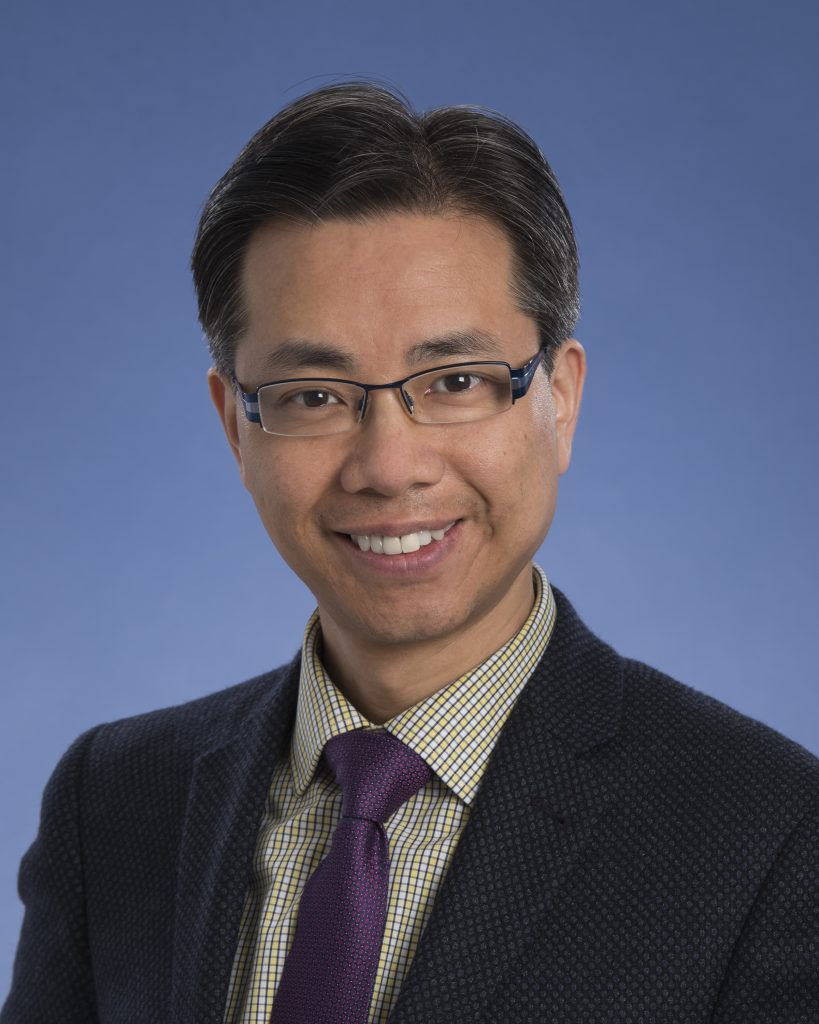
Kenneth Fung, MD, FRCPC, MSc, is a Staff Psychiatrist and Clinical Director of the Asian Initiative in Mental Health Program at the Toronto Western Hospital, University Health Network. He is also Assistant Professor with Culture, Community, and Health Studies Program at the Department of Psychiatry, University of Toronto. He completed a two-year fellowship in Cultural Psychiatry at the University of Toronto, and his Master thesis was on alexithymia among Chinese Canadians. His primary research, teaching, and clinical interests include both cultural psychiatry and psychotherapy. He is the Block Coordinator of the Cultural Psychiatry Core Seminars for psychiatry residents at the University of Toronto, and is the seminar coordinator and a psychotherapy supervisor in Cognitive Behavioral Therapy at the University Health Network. He is currently conducting a research study with Dr. Mateusz Zurowski on Acceptance and Commitment Therapy and Cognitive Behavioral Therapy for chronic pain patients. He has also been conducting community-based research projects related to immigrant and refugee mental health. He is psychiatric consultant to the Hong Fook Mental Health Association and is involved in various mental health promotion and education projects in the community. He also offers consultations at Mon Sheong Scarborough Long-Term Care Centre. He has been appointed as a member of Toronto Central Local Health Integration Network Mental Health and Addictions Advisory Council. He is the Chairperson of the Federation of Chinese American and Chinese Canadian Medical Societies.
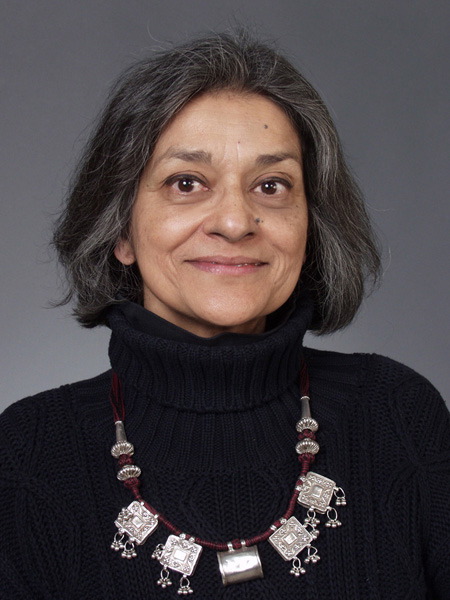
Jaswant Guzder, MD, is Associate Professor of the Department of Psychiatry, McGill University; Visiting Clinical Professor, University of British Columbia and Adjunct Professor, University of Victoria. Dr. Guzder is a board member of Transcultural Psychiatry and Psychodynamic Psychotherapy; Global Health Section head representative on the Canadian Academy of Child and Adolescent Psychiatry Board; a board member of Teesri Duniya Theatre Company and was the former head of the Centre for Child Development and Mental Health at the Jewish General Hospital (JGH) and former director of the JGH’s Cultural Consultation Service. Dr. Guzder has considerable experience in the field of transcultural child psychiatry and has worked extensively with immigrants and refugees from different ethnocultural backgrounds. Dr. Guzder is active in child and family global health project in India, Nepal and Jamaica. She has published various articles about trauma in children from different ethnic groups. She is invited by various national and international institutions to share her experience in transcultural psychiatry. In addition to her clinical and academic expertise, Dr. Guzder is an artist whose work has been used to illustrate Social & Cultural Psychiatry documents (JGH) and has been shown nationally and internationally.
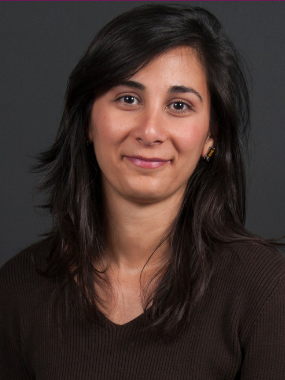
Ghayda Hassan, PhD, is a clinical psychologist and professor of clinical psychology at UQAM university in Montreal and has several research, clinical and community based national and international affiliations. She is the director of the Canadian Practitioner Network for the Prevention of Radicalization and Extremist Violence (CPN-PREV, funded by PS Canada). She is also a researcher and senior clinical consultant at the SHERPA-RAPS (SHERPA sub-team RAPS for Research and Action on Radicalisation and Social Suffering ; (http://www.sherpa-recherche.com/fr/recherche-pratiques/souffrancesocialeetradicalisation/) at the CIUSSS Center-West of the island of Montreal. Her systematic reviews, research and clinical activities are centred around four main areas of clinical cultural psychology: 1) Social suffering, intercommunity relations, radicalisation and extremist violence ; 2) Intervention in family violence & cultural diversity ; 3) Identity, belonging and mental health of children and adolescents from ethnic/religious minorities ; 4) working with vulnerable immigrants and refugees.
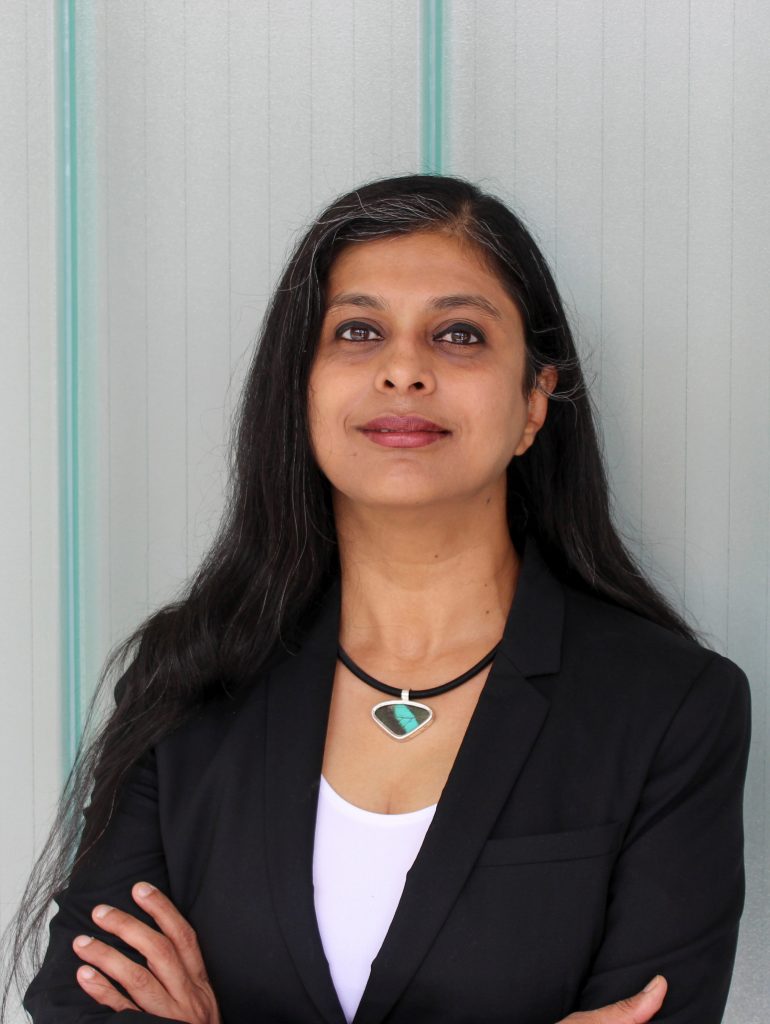
Srividya Iyer, Ph.D., is an Associate Professor in the Department of Psychiatry and an Associate Member of the Department of Epidemiology, Biostatistics and Occupational Health at McGill University in Montreal, Canada. She is a licensed psychologist and a Researcher at the Douglas Mental Health University Institute. Her work focuses on youth mental health and early intervention, including for complex mental health problems such as psychosis. She works to ensure that more young people worldwide have timely access to appropriate, youth-friendly mental healthcare and enjoy well-being and social participation. Srividya partners closely with young people, families and communities to influence real-world practice and policy in Canada and globally. She leads ACCESS Open Minds, a pan-Canadian network of 250+ diverse stakeholders that is seeking to transform mental healthcare for urban, rural, Indigenous, post-secondary and homeless youths across Canada. She has been contributing to several other youth- and early intervention-focused services, research and capacity-building efforts in Canada and globally, especially in India, where she was born and completed her initial training in psychology. Srividya is committed to helping ensure equitable mental healthcare access and outcomes to underserved populations such as Indigenous youths, visible and linguistic minority youths, homeless youths, youths in low- and middle-income countries and looked-after youths. In 2017, Srividya won the Principal’s Prize for Outstanding Emerging Researchers and the Maude Abbott Prize for outstanding research accomplishments. She was also inducted into the College of New Scholars, Artists and Scientists of the Royal Society of Canada, and named on the inaugural list of Canadian Women leaders in Global Health. In 2021, she was elected Vice-President of the International Association for Youth Mental Health.
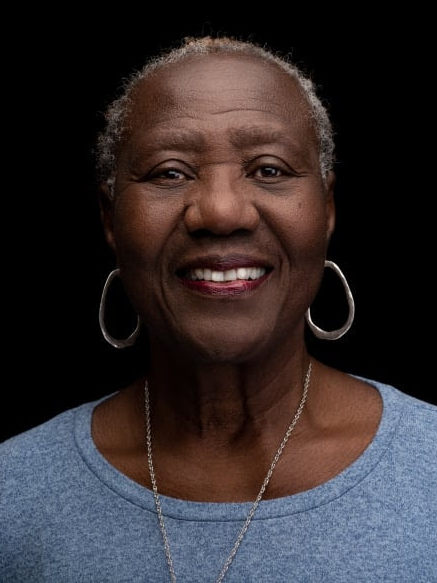
Myrna Lashley, PhD, is an assistant professor in McGill University’s department of psychiatry; researcher at Lady Davis Institute for Medical Research of the Jewish General Hospital, and Chair of the First-Line Psychosocial Science Committee of the Clinical Ethics Committee of the CIUSSS du Centre-Ouest-de-l’Île-de-Montréal. First Black Associate Academic Dean at CEGEP John Abbott, she is an internationally recognized clinical, teaching, and research authority in cultural psychology, and serves as a consultant to many institutions. She has consulted to the Brazilian, Indigenous, and Jewish communities and served on many municipal, provincial and federal bodies. From 2008 – 2017 she was Chair of the Cross Cultural Roundtable on Security, and from 2004 – 2017, Vice-chair of the board of the École Nationale de Police du Québec. In addition to academic publications, she has authored two training manuals on intercultural issues in the workplace and co-authored book chapters. As well as conducting research on police matters, she is a member of the Comité expert en matière de profilage racial et social of the Service de police de la Ville de Montréal. Her current research focuses on the intersections of culture, terrorism and national security. She has received several awards and is currently Barbados’s Honorary Consul to Montreal.
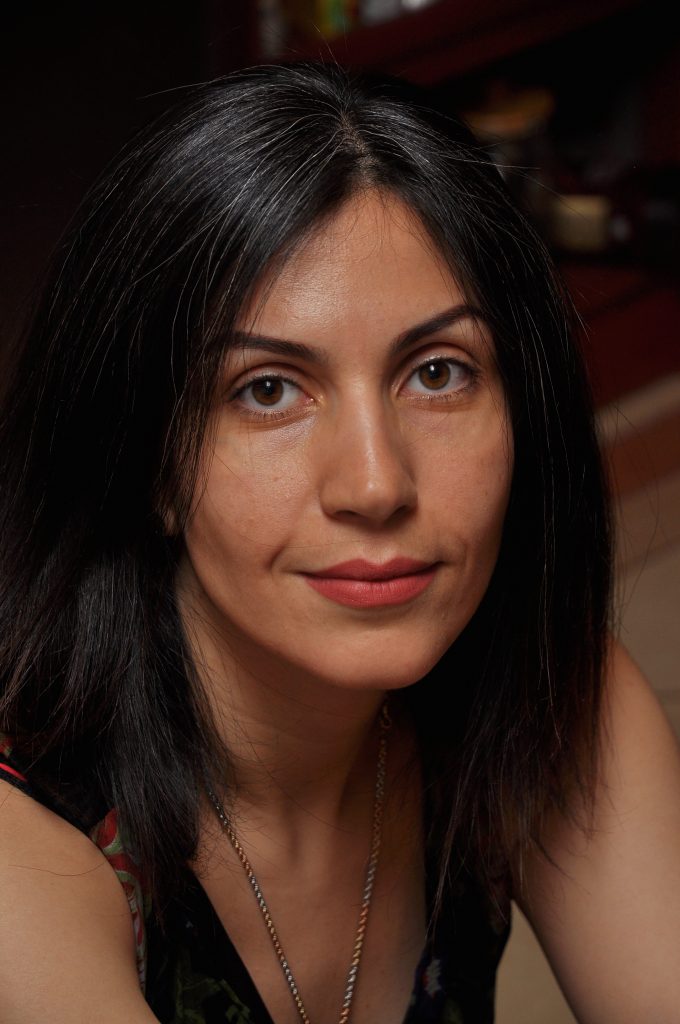
Fahimeh Mianji, PhD, is a registered clinical psychologist in Quebec, specialized in working with culturally diverse, immigrant and refugee, and LGBTQ+ populations. She is a clinical member of the RIVO (Intervention Network for Persons Affected by Organized Violence) and Pride Therapy Network of Montreal. To further develop her interest in cultural psychiatry and global mental health research, policy, and intervention, Fahimeh completed her second doctoral degree in Social and Transcultural Psychiatry at McGill University. She completed a two-year Doctoral Fellowship in Global Health Research Capacity Strengthening (a CIHR-funded Training Grant) and a research fellowship in Health and Social Policy at the McGill Institute for Health and Social Policy (IHSP). Pursuing her clinical and research interest in immigrants’ and refugees’ mental health care, she is the co-investigator of a research project on “Mental Health Care for Linguistic Minorities: Improving Access and Quality of Care for Farsi-speaking Newcomers in Quebec,” funded by the McGill Training and Retention of Health Professionals Project for the Health Care Access for Linguistic Minorities Network (HCALM-Network). To bridge between her clinical and research interests, she has been engaged in global mental health advocacy and consultancy projects via mainstream media.

Melissa Park, PhD is an Associate Professor in the School of Physical and Occupational Therapy, Faculty of Medicine at McGill University, researcher the Culture and Mental Health Research Unit, McGill University, and a full member of Centre de recherche interdisciplinaire en réadaptation du Montréal métropolitain. As an occupational therapist with a background in History of Art, Occupational Science, and Medical Anthropology, she has extensive clinical, research and pedagogical experience using the terms of humanities and rehabilitation to understand healing, transformative and relational processes at dyadic, systemic and sociocultural levels from first-person or experience-near perspectives using narrative-phenomenological and aesthetic conceptual frameworks. Her funded ethnographic and participatory research, including the projects, Whatconnectsus and Connected narratives, has focused on understanding and working with multiple stakeholders in mental health related issues, including persons with invisible disabilities, family members, health and social care professionals, policy makers and citizens, on topics ranging from “healing” encounters and policy implementation to issues of neurodiversity, equity and justice.
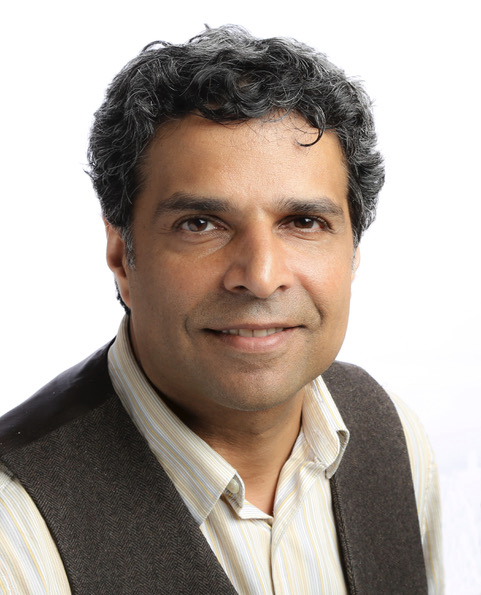
Meb Rashid, MD, CCFP, has had the privilege of working with newly arrived refugees for nearly twenty years. He is the medical director of the Crossroads Clinic, a medical clinic that serves refugees arriving in Toronto. He also co-founded the Canadian Doctors for Refugee Care, an organization founded to advocate for refugees to access health insurance and was on the steering committee of the CCIRH, a group that developed evidence-based guidelines for the assessment of newly arrived immigrants and refugees. He is a co-founder of the Christie Refugee Health Clinic, a health clinic located in a refugee shelter in the heart of downtown Toronto. He is on staff at Women’s College Hospital in Toronto and is an Assistant Professor with the Department of Family and Community Medicine at the University of Toronto.
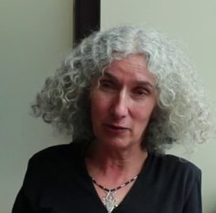
Cécile Rousseau, MD, is a research and clinical psychiatrist for the CSSS de la Montagne (CLSC Park Extension) Youth Mental Health Team. She received her training in medicine and psychiatry at the University of Sherbrooke, Université de Montréal, and McGill University. Her clinical work is with refugee children and with torture victims. She also does consultation work, for health institutions and school boards, on refugee children. Dr. Rousseau’s current research involves refugee children and adolescents from Southeast Asia, Central America and Somalia.
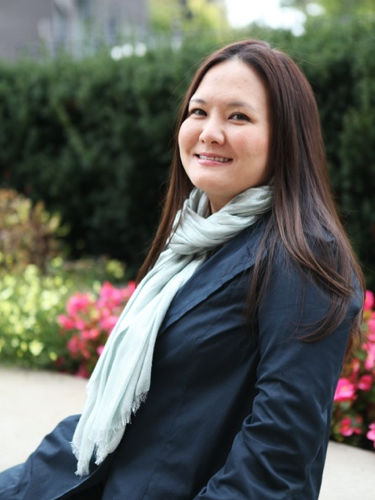
Zoua M. Vang, PhD, is a William Dawson Scholar, Associate Professor of Sociology, and Associate Investigator of the Research Institute of the McGill University Health Centre (RI-MUHC). Reflecting her interdisciplinary scholarship, she is also an Associate Member of the Department of Obstetrics and Gynecology, the Division of Social & Transcultural Psychiatry, and the Institute for Health & Social Policy at McGill University. Dr. Vang is the founding Director of the Indigenous Maternal Infant Health & Wellbeing (IMIHW) Lab and has been working in partnership with Indigenous communities in Quebec on issues related to perinatal health, prenatal and postpartum depression, cultural safety, and racism/discrimination as social determinants of women’s health and wellness.
